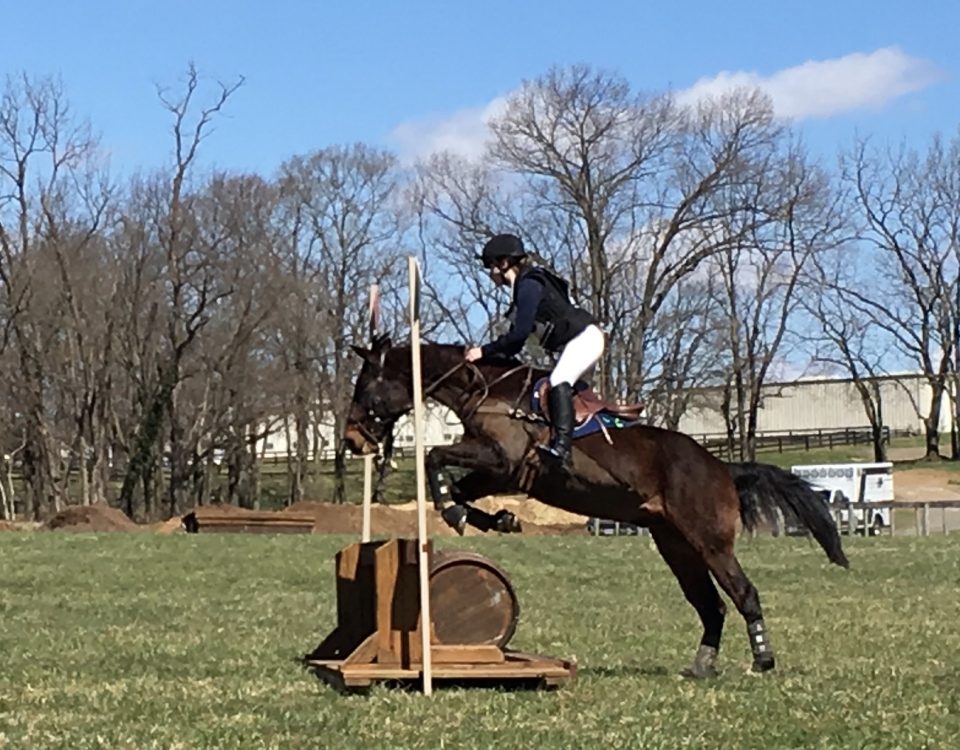Who Is Your Team’s Designated Drinker?
Send a youth sports team to an out-of-town tournament and what happens? Maybe some stuff you don’t want to know, but among other things you have a better team coming home than the one the parents waved goodbye to. Better in terms of teamwork, better in terms of relationships, better in terms of cohesion.
The escalation does not occur because of four games in two days. No, it is 12 year-olds making a beeline for the motel’s in-room coffee maker. Rooms thrashed before coach has filled his ice bucket. Lots goes on as these kids spend time together; on the bus, in the Burger King, at the pool.
When that team gets home, they roll in league play. I’ve seen it happen many times and some of you parents have to.
Shared experiences are one of two ingredients in culture, shared language being the other. Yet the cement in shared experiences rests on the fact that NO ONE ELSE shares the experience. The moments that bring a team together on these trips are the ride, the motel, the sideline pep talk, the overly restrictive chaperone- all the shared experiences rolled into one which are not shared beyond the team.
Adults are no different. We develop emotional relationships as easily as children. Even the most rational folks are more emotional than rational. Under these facades we are all wound up in our own thoughts.
Creating shared experiences, for any unit, creates better teamwork.
I am going to go over a variety of examples and ideas for shared experiences in the workplace.
Recently Aetna, IBM, Yahoo and many others have been in the news for their increased focus on bringing employees together, on reducing work from home. They know that remote, detached employees don’t seamlessly develop into cohesive teams.
The annual retreat is a four-bagger! It satisfies today’s topic, but it also addresses these three initiatives:
- It gives a great environment to develop the year’s shared goal(s). Not to roll out goals but to truly develop them. Recall, “motivation is getting people to do what you want them to do because THEY want to do it”. So develop goals: Be the best department in the building, Grow revenue 8%, Compete on billable hours. People who sit in a room and develop their team’s goals are in the game. On the dance floor. Idioms, I got a few.
- It stands as a clear definition of who is on the team. A closed room with set participants makes it clear who wears the same jersey. Inclusion defines the team.
- It’s a great time to develop shared language. Tight groups communicate with each other as if they are in on something. Tight teams have their own unique ways to interact.
One other point on retreats before I move onto other shared experiences. The annual retreat needs to be different in it’s setting. Not where you usually meet. Different seating. Bar stools or sofas or picnic benches or a hotel meeting room. Be different. You are making memories.
What else? What are other good shared experience ideas?
Not astonishingly, I have more sports references.
A 12 team fantasy football league where you have 2 folks from the team each be co-owners? So you can expand this to around 24 people. Have a draft night. Yahoo or nfl.com or espn.com all have idiot proof systems. Maybe add a newsletter every month or so to goad a couple egos with commentary on the various teams. Letters to the editor type of rag?
If you have a BIG organization, you could do a fantasy baseball league. Sometimes referred to as “the other woman” because it is time consuming. Only for baseball geeks. But if your league has a guy in transportation, one in marketing, a gal in accounts payable and a security guy……fairly soon you have yourself a network within the organization that can give you some influence when least expected. Admittedly this idea only works in rare circumstances.
How about a horseshoe tournament at a summer picnic where, again, you assign partners in advance? Maye even encourage t-shirts for extended teams. Each team nominates a captain and the captain is encouraged to get clever in breeding a competitive approach. Even an impromptu corn hole tournament for 30 minutes on a Friday afternoon in the parking lot can be memorable. A moment of team building.
We did a 4th floor Olympics at one job. The offices on the 4th floor challenged other floors to a 10-event Olympics. Blindfolded hair braiding, a putting contest, eating 10 saltines as fast as you can……real athletic achievement. That one enabled us to get maybe 80 colleagues involved. Everyone got to compete in maybe 4 events. All silly stuff.
I have to tell this story and some might say “we can’t do that with our team!” When we hosted this Olympics, each team decided on a designated drinker. This person had to crush a beer every time their team came in last in an event. And the last event was a two handed wheelbarrow race where the designated drinker had to be the wheelbarrow.
Another good shared experience is taking one of those easy personality tests together. Have one person do some online research and give it themselves. There are plenty of easy ones.
A brief online search can also give you a team activity based on being stranded on the moon. You give everyone a list of 20 items and they rank them from most useful to least. Then you group folks into teams and they collectively rank the items. This one is designed to show consensus decisions are better. Which for what it is worth I consider more often true than not. However often it enables the less-informed to unduly influence decisions.
Ultimately, the goal of these shared experiences, which are unique to the team, build relationships and continuity. People don’t want to let down teammates. So you have to be a team. People want to be good colleagues.
If you have someone who does not care about being a good teammate, they either have to get better or go away. Yet this article is not about the progressive disciplinary process.
One shared experience we had was called BOB. It was our acronym for Budget or Bust. We broke the large team of 16 into 4 groups of 4. They each owned, so to speak, the performance of different metrics. Metrics that everyone somehow impacted. Each team worked to somehow bring focus and effectiveness against their assigned measurable. Again, based on team assignments, we were able to create more collisions and get people more creative and invested.
Be clever as you brainstorm shared experiences for your team. It is about the easiest thing to do once you put your mind to it. There are SO many things you can do.
I’ll close with another plug for an annual retreat. I host/conduct/sell them in my business but I actually think they work best when the boss hosts it and impresses with his care in setting it up FOR his team. The team gets a big dose of their leader invested in teamwork.
If you take your team to a location that is a 90-minute drive, then you require some car time together. This is a big positive. A small, maybe even cramped space. For each vehicle give them a car assignment. Or three! They can be silly. Example, each vehicle produces a phone video with the car singing a Christmas Carol.
Then you have a bunch of small shared experiences within the bigger team shared experience of the retreat. Have car assignments- break them up into groups who might not collide often.
Play the videos at breaks in the retreat meeting
Your retreat meeting will only stand out from other staff meetings if you make it so.
The photo is the marine corps band on Memorial Day. A combination of two outfits that really live the shared experience concept. The Marines and a band.
Every concert is shared. Bands and orchestras are so tight! That is a big reason why, when you hear of a band that breaks up, it is so emotional, even many years later. See Beach Boys, Beatles, Pink Floyd. Hey, we go to SEE a concert, not hear it. Technology allows musicians to be remote and generate the same sound.
The Marine aspect? From day one of boot camp leathernecks learn that only the unit matters. Semper Fi. Twenty guys go up the hill and only 19 come down? Hit the hill again. Hard.
I can’t imagine how tight the Marine Corps band must be.
Shared experiences stand shoulder to shoulder with shared language as the foundation for great teams. Don’t overlook this great strategy to provide leadership. You’ll hit another four bagger by being positive, productive, fresh, and enthusiastic in the process.





